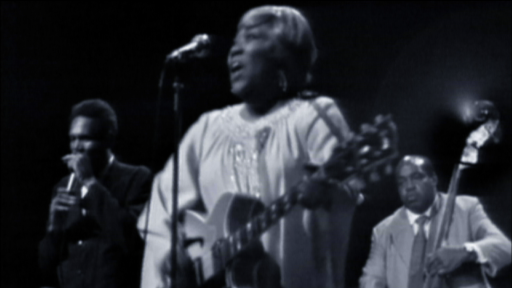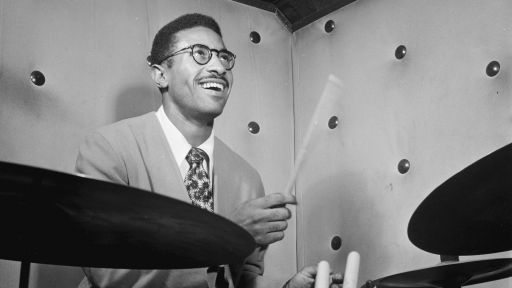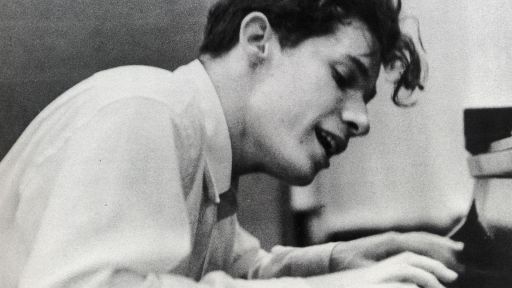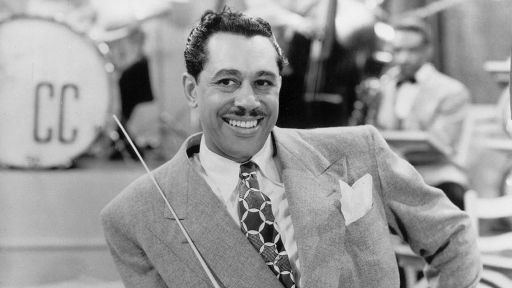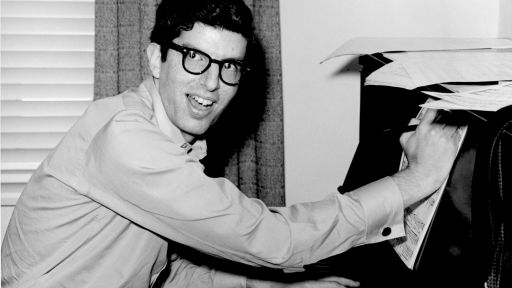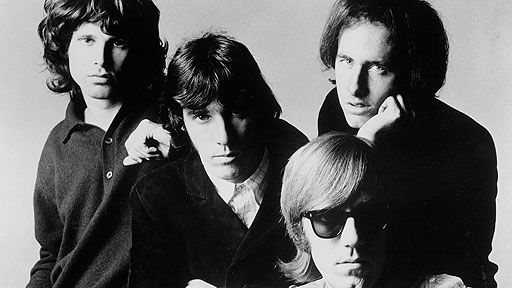In 1919, Marian Anderson traveled to Chicago for a six-week opera course. Decades later, the city’s lasting impression on her was heard through her rendition of the spiritual folk song, “Crucifixion,” which evoked memories of the racial unrest she saw during her time there.
Written Features
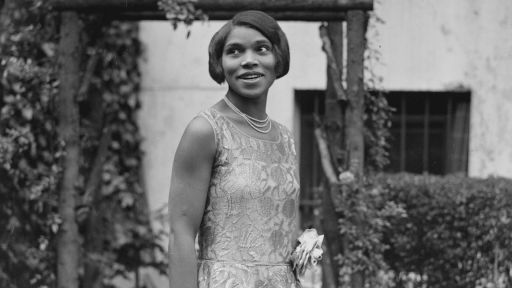
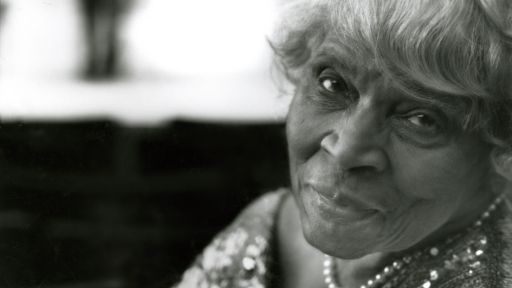
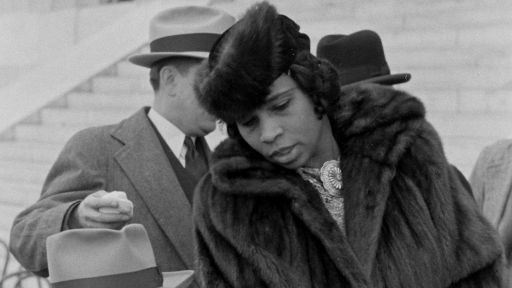
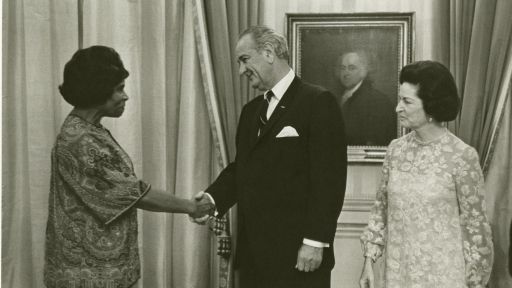
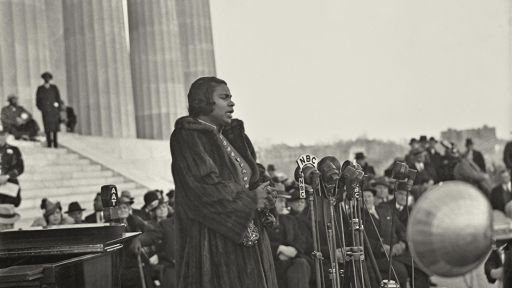
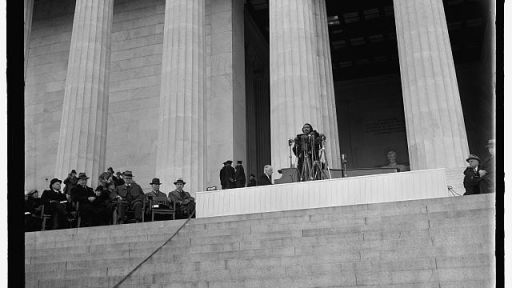
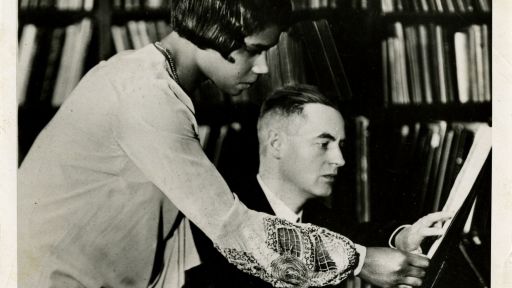
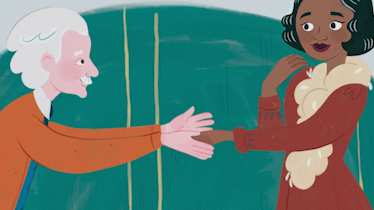

Video Features
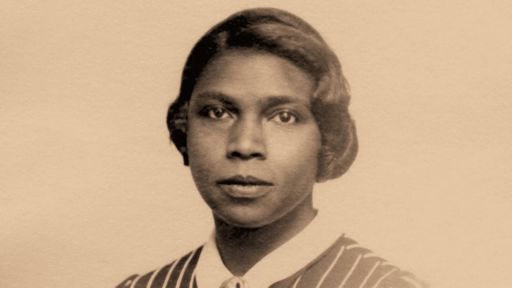
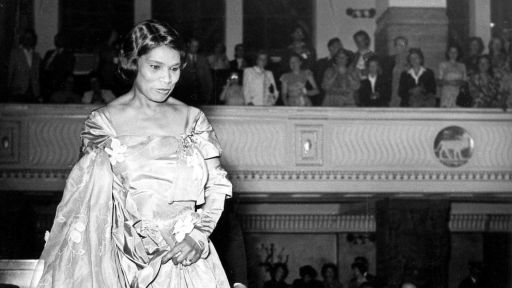
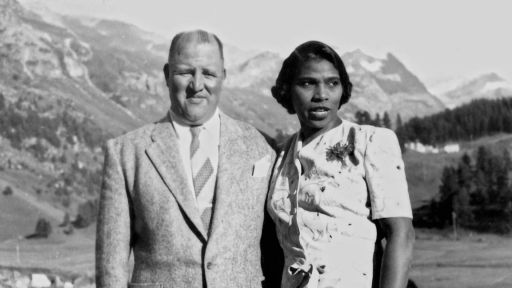

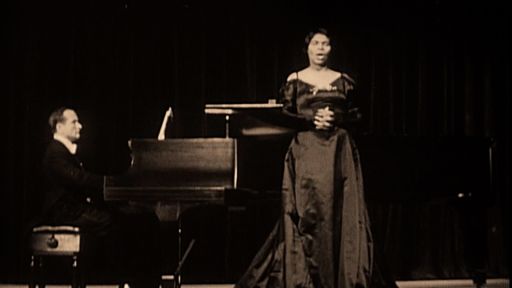
[Folk Music] - In the summer of 1919, Marian Anderson traveled to Chicago for a six week opera course. She's coming from Philadelphia to Chicago, during a time of unrest in the city.
- What you have is a growing Black population and there's tensions between the Black population and the white population. - An African American young man had floated in the lake to the wrong side.
They threw a rock and hit him, and he died.
It was a race riot. - When she sang 'The Crucifixion' in the 1950s, you could hear the memories of the South and the riots of 1919.
♪ They crucified ♪ ♪ my Lord ♪ ♪ And he never said ♪ ♪ a mumblin' word ♪ ♪ They crucified ♪ ♪ my Lord ♪ ♪ And he never said ♪ ♪ a mumblin' word ♪ ♪ Not a word ♪ ♪ Not a word ♪ ♪ He bowed his head ♪ ♪ and died ♪ ♪ And he never said ♪ ♪ a mumblin' word ♪ ♪ Not a word ♪ ♪ Not a word ♪ ♪ Not a word ♪ (piano music)
You May Also Like
